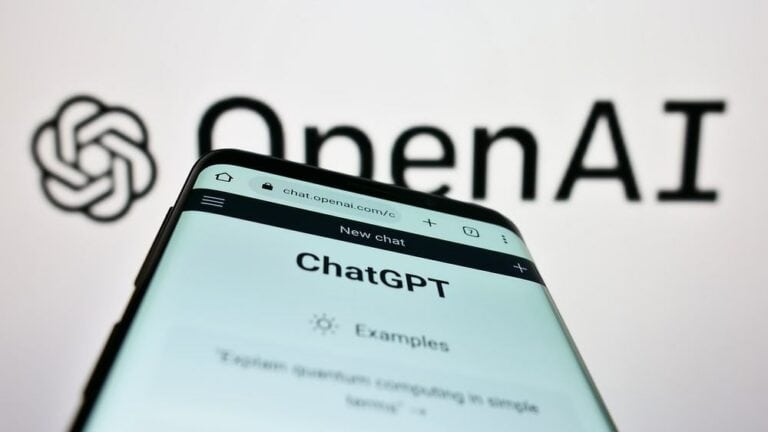As recently as this month, Irina Kofman was working at Meta’s GenAI division. Now the Meta and Google veteran is moving over to OpenAI.
According to Bloomberg. Kofman will lead strategic initiatives within OpenAI. She previously worked at Google for 11 years, including as COO for Google AI. In 2019, she made the move to Meta. In that role, she focused on integrating AI solutions into all Meta products under the so-called XAI initiative.
Transformation
For OpenAI, Kofman is the next hire with extensive experience at large tech companies. In June, for example, the company announced both a new CFO as well as a new CPO: Sarah Friar and Kevin Weil, respectively. Friar worked as CFO at fintech company Square (now Block), among others, and Weil was previously an executive at Facebook, Instagram and Twitter.
It seems a necessary move, especially since longtimers have started to leave OpenAI in droves in recent months. Ilya Sutskever, one of the world’s most cited AI researchers ever and OpenAI’s Chief Scientist since 2018, opted for a new challenge in May. Recently, co-founder John Schulman also left for Anthropic, maker of ChatGPT competitor Claude.
Perils
These departures are still inextricably linked to the saga that unfolded in late 2023 at the OpenAI Summit. CEO Sam Altman was initially fired, looked set to join Microsoft and subsequently restarted in his old role, with substantial changes to the company’s board following in the events’ wake. However, OpenAI’s new direction is unclear, even though since that chaotic phase it has presented the multimodal GPT-4o to great acclaim. It will be up to the changed executives to present a new identity for OpenAI, either through describing their strategic vision for the company or by finally introducing the long-anticipated GPT-5, which is still MIA.
Read more: ChatGPT now talks in real-time, new GPT-4o model available for free
Despite ChatGPT’s huge name recognition and explosive initial adoption, OpenAI is in dire straits. The company received massive investments, but is in danger of going under due to the astronomical cost of AI training and development if new commercial success is not forthcoming. At the same time, the AI player is making its offerings more affordable to stay competitive.
